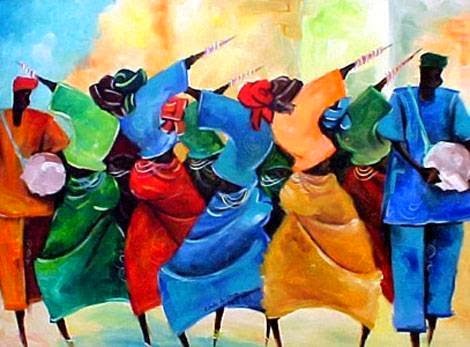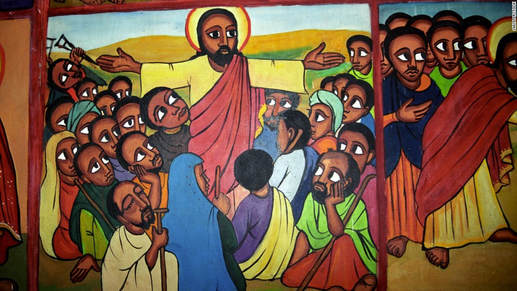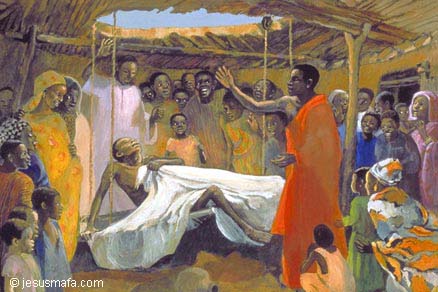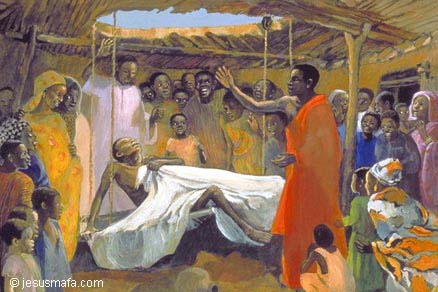
*
When William Ruto won the 2022 general elections to become Kenya’s fifth president, local and international media were awash with discussions of Ruto as an evangelical president. The excitement, however, was informed less by Kenyan religion or politics and more by right-wing Evangelical America and its war on homosexuality and abortion. Le Monde, a major newspaper from a country that boasts of being the home of the Enlightenment, was understandably preoccupied with Kenya’s adherence to secularism. The BBC was curious about the president’s stand on homosexuality, but not about secularism, which would have been strange for the public broadcaster of a country whose head of state is also the head of the Anglican church.





 RSS Feed
RSS Feed
